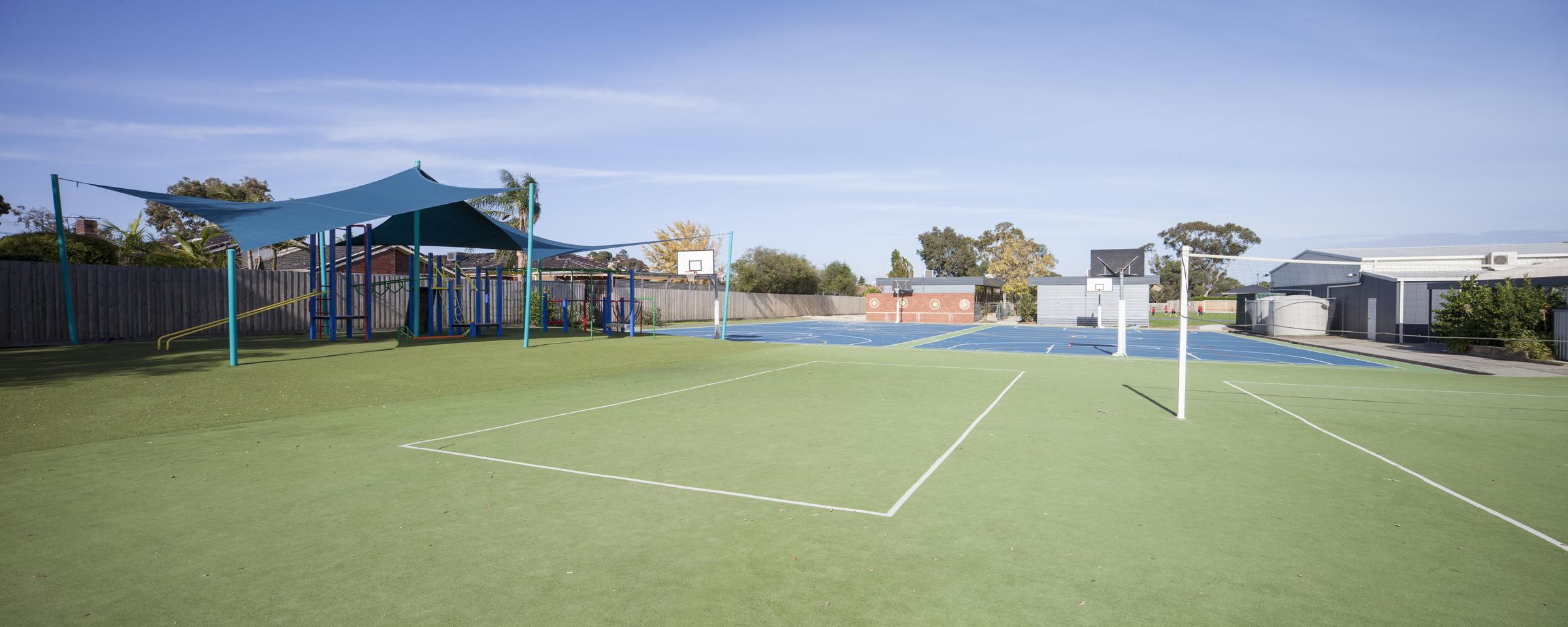Assistant Principal

Tracy Skiba
Assistant Principal
In this newsletter I will be sharing how to stay calm and cool with the upcoming NAPLAN assessment looming upon us.
“The most resilient children and young people are those who rise to meet rather than retreat from the challenges presented to them. Perhaps it’s best to view the NAPLAN tests as good learning experiences rather than dreaded pressure tests.”
Michael Grose Parent Educator from parentingideas.com.au
From May 14th to 16th students across Australia in years 3, 5, 7 and 9 will take part in the National Assessment Program- Literacy and Numeracy (NAPLAN). The assessments are used to assist education policy and decision-making by gaining an overall picture of education attainment levels. There are many positive and negative viewpoints about the assessments, and often it can be a quite confusing and daunting experience as a parent, especially when our child is anxious too.
So how can you help? Michael Grose, one of Australia's leading parenting and educational writers and speakers, has the following advice.
1. Take your cues from your child: If your child doesn’t worry about them then neither should you. Be careful not to create a problem that doesn’t exist by incessantly talking about, or worse, worrying about the test.
2. Focus on doing their best & trying hard: Choose your words carefully when you speak with your kids. As with all their learning activities place your focus squarely on effort rather than results. The only pressure on kids should be to try hard rather than to do well.
3. Listen to any concerns they have: If your child confesses to some nerves then validate their feelings, rather than shut them down with a ‘get over it’ response. “Yes, sometimes tests can be a little scary, but they get easier every time you take them.” Use this as an opportunity to develop some emotional smarts, which starts with recognising how kids feel.
4. Give them some relaxation ideas: Anxious or nervous kids will benefit from some simple relaxation strategies. Taking some deep breaths, changing their thinking and exercising the morning of the test are some simple ways to help kids get some feeling of control.
5. Help them retain their perspective: One way to help children who become excessively anxious about an event is to ask what’s the worst thing that could happen? Okay, they may not do as well as they would like but the sun will still rise tomorrow, regardless of how well they do. Keeping perspective is a life skill that we all need to practise.
Michael present to the Kingswood Community in August of 2018, the feedback we received from parents was very positive.
If you would like to know more about Michael Grose or would like to subscribe to his parenting blog, please click on the following link:
https://www.parentingideas.com.au/blog
Habits of Mind and the Cultural Forces with Karen Tui Boyes presentation
We were very fortunate to host Karen, Winner of the NZ Educator of the Year 2014 and 2017 and NZ Speaker of the Year award in 2013 and 2018. Karen spent two days working with our staff, PLC Leaders, School Leadership Team and parent community to unpack the Habits of Mind Thinking Framework and how it aligns with our student values and supports student agency, leadership and voice. We streamed Karen’s parent workshop via Facebook Live. If you missed out and would like some interesting reading about how we model and teach thinking, please click on the following article:
http://www.karentuiboyes.com/2018/10/modelling-thinking-learning/
Parent Workshop Feedback
Thank you to everyone who completed the Parent Workshop survey. We had interest in workshops being held on Wednesdays from 2:45pm and before assembly at 2pm on Fridays. I will be putting together some workshops around how you can support your child’s learning in Literacy and Numeracy, as well as sending you handy website and resources to support you in your child’s learning journey. Thank you for your input everyone.

